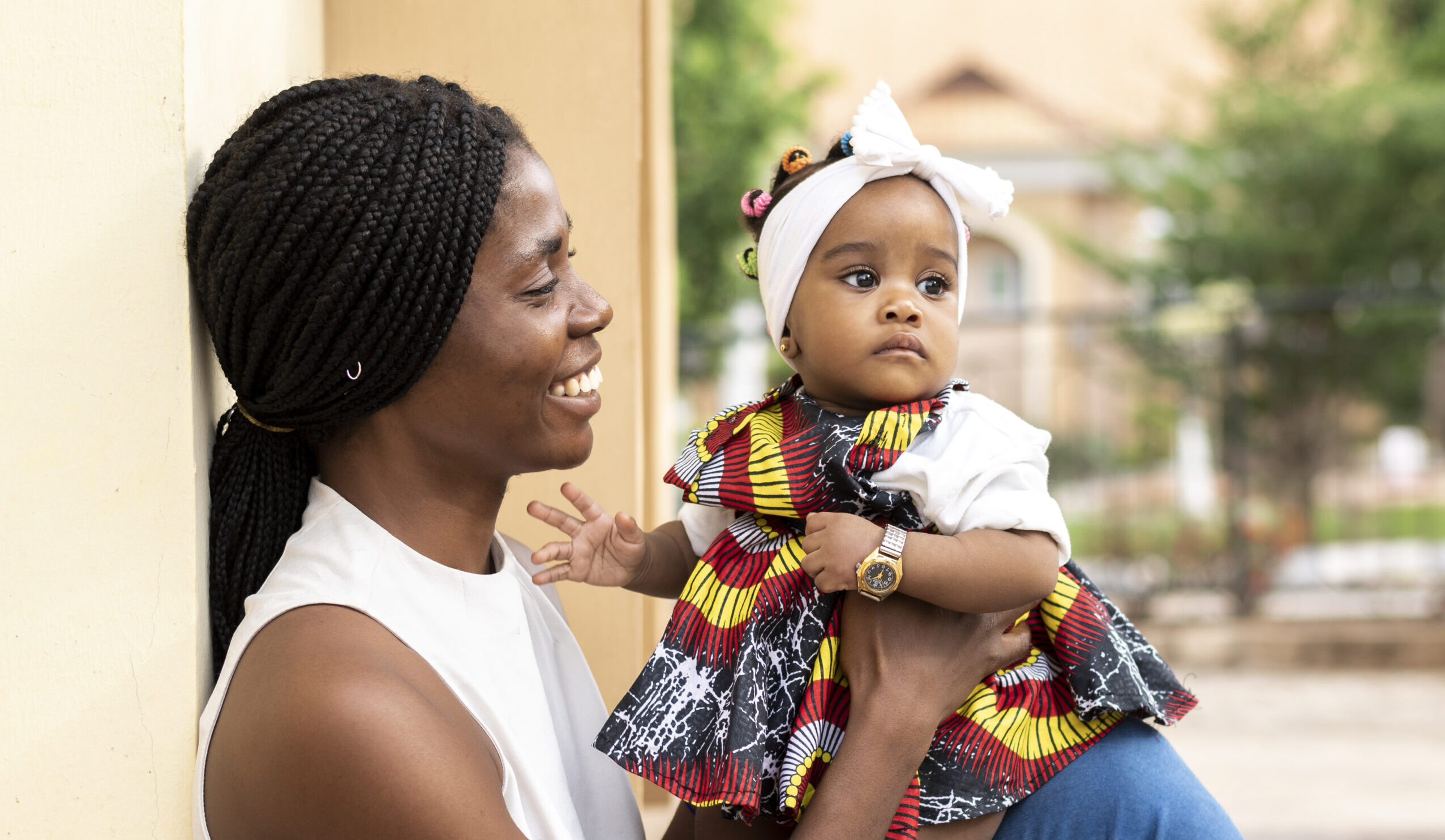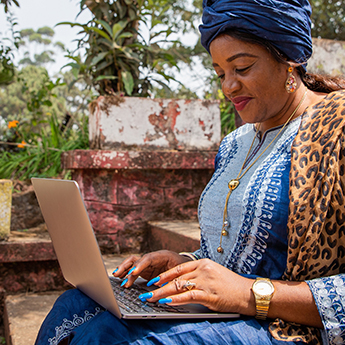News and Updates from FP2030
In our next phase, the partnership will expand beyond our initial 69 focus countries. We’ll collaborate more closely across sectors, creating stronger ties for accountability, and engaging with partners beyond family planning.








